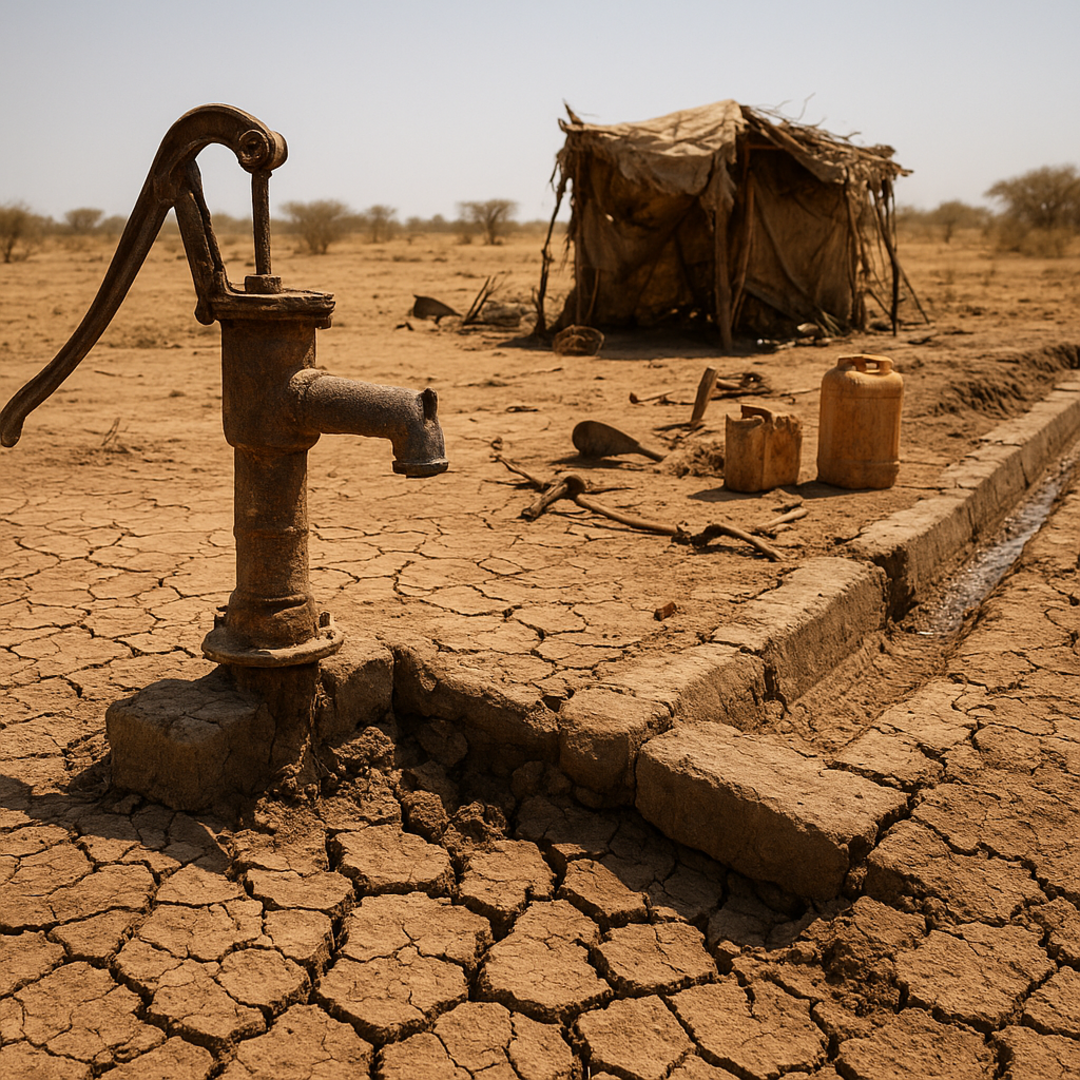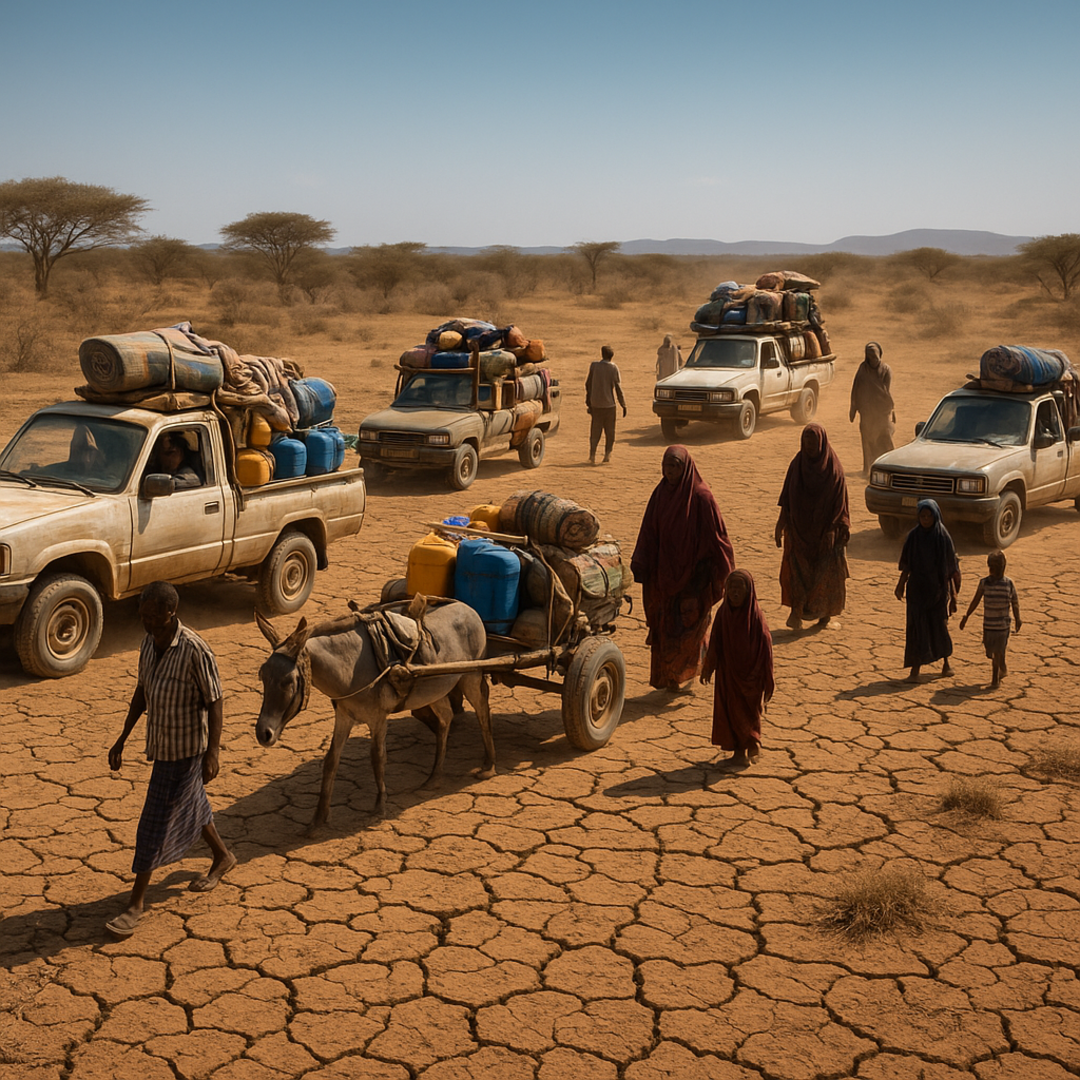Brussels/Mogadishu – The European Union and the Federal Government of Somalia have officially launched the Green Energy and Economic Development (GEED) program, a transformative initiative aimed at expanding access to renewable energy across Somalia.
The total funding package for the program stands at €45.5 million, with €40.5 million contributed by the EU and an additional €5 million from the government of Germany.
The GEED program is designed to enhance energy access, reliability, and sustainability in a country where more than 70% of the population remains without reliable electricity.
According to the joint statement issued at the launch, the initiative will focus on supporting off-grid and mini-grid renewable energy solutions, especially in underserved rural and peri-urban communities.
EU Ambassador to Somalia, Karin Johansson, emphasized the program’s alignment with Somalia’s national development priorities and its potential to spur economic growth and job creation:
“Green energy is key to sustainable development. With GEED, we aim not only to provide power but to empower Somali communities through cleaner, more reliable energy solutions,” said Amb. Johansson.
Somalia’s Minister of Energy and Water Resources welcomed the support and highlighted the government’s commitment to transitioning from fossil fuels to cleaner energy sources.
“This program is a major step toward energy independence. It supports our national strategy and climate goals while creating opportunities for the Somali people,” said the minister.
Germany’s contribution through its development agency GIZ will focus on capacity building, technology transfer, and supporting local enterprises in the renewable energy sector.
The GEED program will be implemented over five years, with pilot projects planned in regions most affected by energy poverty and climate vulnerability. It will also include training and employment opportunities, especially for women and youth, in the green energy sector.
The launch of GEED marks a significant milestone in Somalia’s path toward sustainable development and demonstrates the EU’s long-term commitment to supporting resilience and climate adaptation in fragile contexts.





